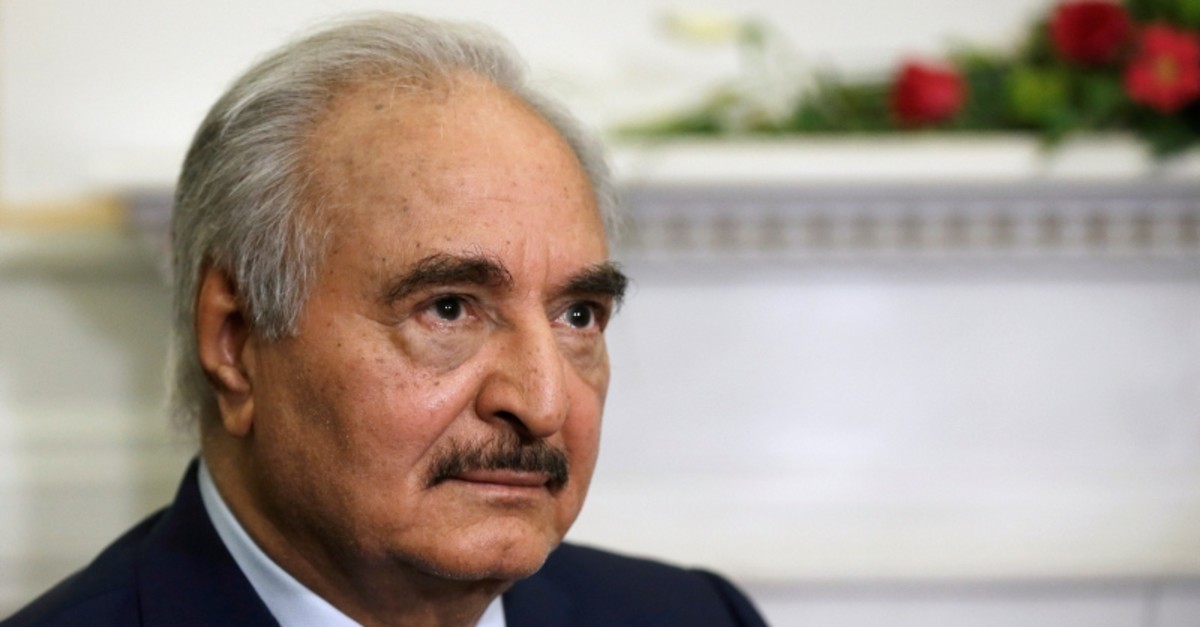Libyan warlord Khalifa Haftar’s forces in Libya have threatened late Thursday to hit civilian planes flying over the capital Tripoli, declaring the city and its surrounding areas a “no-fly zone”.
Libya’s internationally recognized government said earlier on the same day that it had reopened Mitiga, Tripoli’s only functioning airport, following almost a day of closure after rockets were fired towards it.
Mitiga, the city’s only functioning airport, was closed on Wednesday after rockets were fired towards it.
Mitiga, just east of central Tripoli, has repeatedly come under attack in recent months, forcing airport authorities to halt flights for several hours.
Flights have since been diverted to Misrata airport outside Tripoli.
The Tripoli government said Thursday it was resuming air traffic at Mitiga and condemned the rivals’ threats as an “intentional war crime.”
“The [GNA] government reminds the international community of its responsibilities towards international agreements pertaining to safety of civil aviation, airports and all civil installations.”
In recent weeks, there have been a flurry of global efforts aimed at halting a years-long conflict in Libya.
On Jan. 12, the warring sides in the Libyan conflict announced a cease-fire in response to a call by President Recep Tayyip Erdoğan and Putin, and they gathered Monday in Moscow to sign an agreement aimed at ending hostilities and starting a political dialogue.
After more than eight hours of talks, the head of Libya’s Government of National Accord (GNA) Fayez al-Sarraj signed the cease-fire deal, but Haftar, the eastern Libya-based putschist general, left for Libya early Tuesday without signing the agreement after asking for more time to consider it.
Since the ousting of late dictator Moammar Gadhafi in 2011, two seats of power have emerged in Libya – Haftar in eastern Libya supported mainly by Egypt and the United Arab Emirates, and the GNA in the capital Tripoli, which enjoys U.N. and international recognition.
In April, Haftar’s forces launched a military campaign to capture Tripoli from the internationally recognized government. Haftar announced on Dec. 12 that he had ordered militants to launch a “decisive battle” to capture the city.
More than 280 civilians and 2,000 fighters have been killed since the beginning of Haftar’s assault on Tripoli, according to the U.N. The fighting has displaced some 146,000 people, with the ongoing violence threatening to plunge Libya into violent chaos to rival the 2011 conflict that led to the ousting and murder of Gadhafi.










Discussion about this post